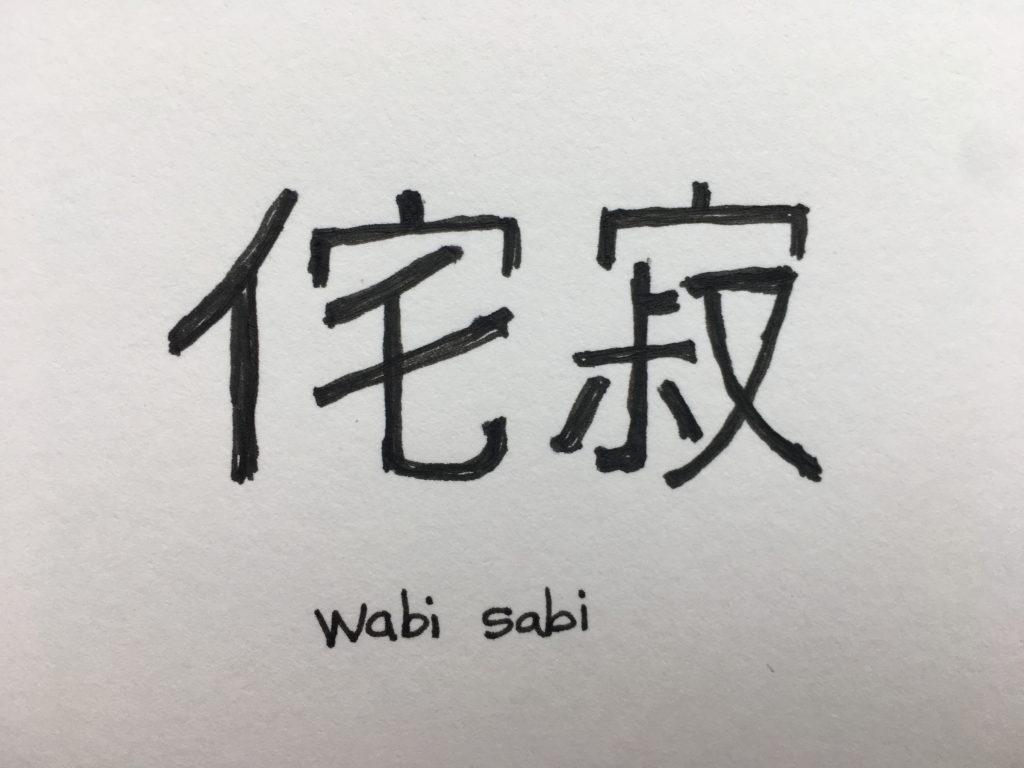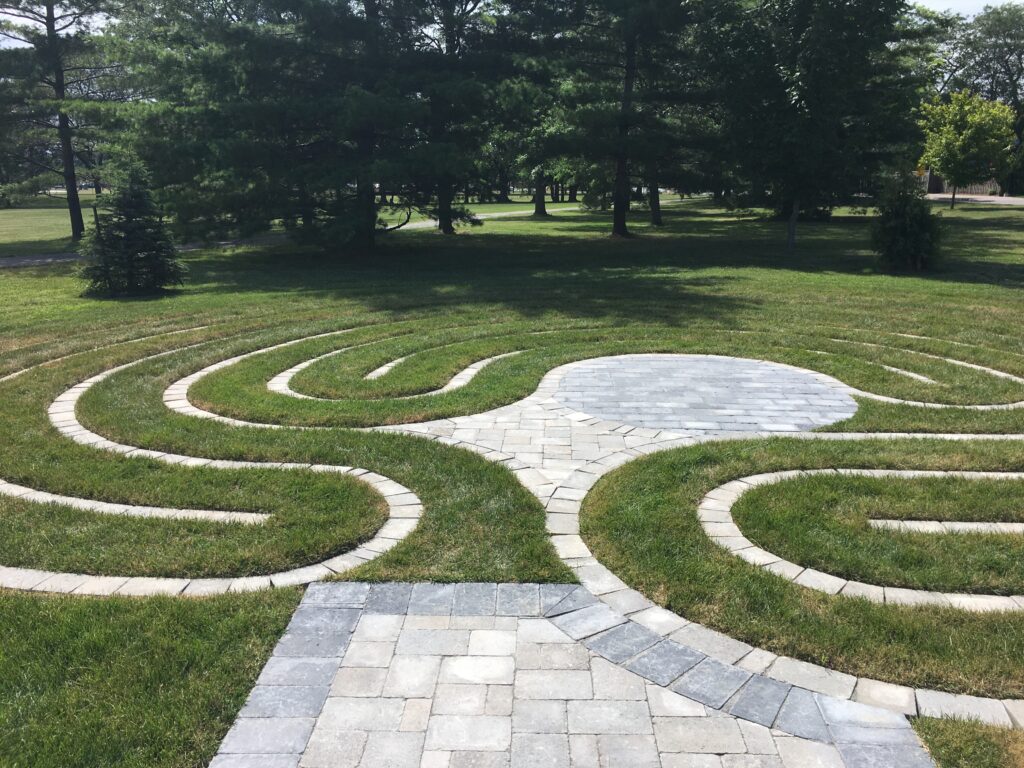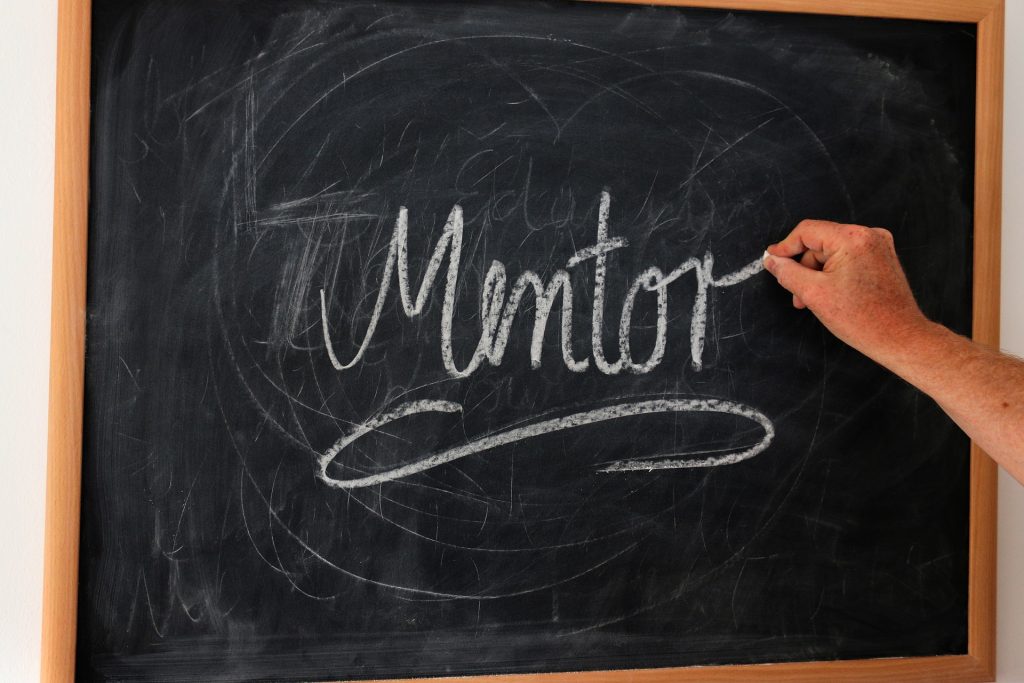Milestone = 300
Milestones are moments for reflection.

This is my 300th blog post during my PhD journey.
I was about to blog some reflections for the research coding connections that I am making, but once I saw this milestone, I would be remiss in not celebrating this as a minor achievement in this PhD process. While not all of these blog posts are publicly available, most are and can be references by others who travel similar paths. Today I will take some time to reflect back over the collection of curated thoughts and actions to see if there are elements that refract my thinking into new directions.
Milestones are moments to pause.
During this pause, I’ll reflect on several concepts and ideas that emerge when I do a search on this blog site using the ‘explore and search’ category. This category pulls up over 40 blog posts that I have categorized this way. A search under the ‘reflection’ category results in over 120 blog posts with many being similar to the previous search. Interestingly, the category with the fewest posts is that of ‘PhD Persona’ which I’m sure has something to say about my comfort with becoming a PhD persona, or perhaps with openly acknowledging myself as a PhD personality.
Breathe
The post titled Remember to Breathe! is one that I reread with new insights. I remember the moment I wrote this post, from deep within the flurry and hurry of a course, when the stress of completing countless tasks was dominating my time and energy. I was making a strategic connection from one of the readings to previous events (lived experiences) in my life, reflecting in the current moment at that time. It was a PhD dissertation that catalyzed my thinking – “to remember, as Guiney-Yollop suggests, in his quote by Richardson (2000) “There is no such thing as ‘getting it right’ — only ‘getting it’ differently contoured and nuanced” (pp. 930-931)” (p. 67)”. Just as Guiney-Yollop did before, an article I was reading yesterday is resonating and providing compelling connections to this work in my dissertation process.
Something to be said for breathing!

At this present moment, I once again heed these words as I am mired deep into coding and analysis of research data gatherings.
Wabi Sabi
The idea that a dissertation document is artfully crafted with a wabi sabi aesthetic is particularly appealing to me at this moment in time. This lies in paradox to my nature to be a perfectionist and to get it right. This previous reflection Wabi Sabi in a PhD Dissertation is something I need to revisit often. It reminds me that “Wabi sabi would suggest that there should be simplicity, imbalance, and imperfection that is recognized, accepted, and inherently essential in the final product”.
Labyrinths
I appreciate this moment of reflection as it brings me back to that event where the physical act of walking a labyrinth became a refractive catalyst I used for my comprehensive portfolio. As I ponder this milestone, I recall the memory and insight I gained from the application of labyrinths to my reflective praxis [Labyrinths]. I recall the feelings of frustration as I moved outward from the center “because at points it looked like I was moving toward the exit, only to be looped back into the labyrinth for another inward path”. This is important as I wander through the data, seemingly never getting closer to the exit from this labyrinth!
Metaphors
What do Claims, Warrants, and Justifications have to do with metaphors. When doing a search of this blog site for the term ‘metaphors’ this post emerged, causing a momentary cognitive disconnect. As I reread this post, I understand that my dissertation needs to address claims, warrants and justifications critically and to “step outside the research frequently enough to ensure that each are considered and connected to the work being done”.
Mentoring
Mentoring matters in the PhD process yet there are few concrete or formal mentoring practices within a PhD program. I firmly believe that supervisors and committee members cannot be candidate mentors. This individual needs to be outside of the organizational requirements, but someone who understands the PhD process as an insider. In one of the blog posts I have written about mentoring, I reflect on Why Mentoring Matters and describe what a mentor can do for a PhD candidate “They listen with an ear to the unsaid. They ask open, honest questions to prompt thinking. They offer support for the struggles in the messy work of writing. They provide critical thinking to ideas and actions. They push when needed, by checking in to see how things are going. They pull when you get bogged down and get stuck.”
Connected
When I searched for the presence of the word connected in this blog site, one of the first posts I see related to my ‘dis-connection’ from digital technology and my digital networks. While I am currently working on the data coding and analysis phase of my work, this post is resonating in the intentional and critical stance of removing myself from spaces, places and activities that will interfere or take time away from the completion of this dissertation. I am consciously aware of where and how I am intentionally pulling back from making commitments to write, present, review, or engage in ways that will interfere with this primary objective of getting the dissertation done. This is a time to step back, perhaps sit in silence once in a while. Dis-connecting is a real and prevalent concern in this moment!

Disconnecting is the opposite of connecting. While disconnecting from people, places, and events is an intentional consideration, I am also attuned to making connects with ideas, concepts, readings, and other research. This is of primary importance as I work through this tangled mess of codes, quotes, and themes.
References
Covey, D. T. (2013). Opening the dissertation: Overcoming cultural calcification and agoraphobia. TripleC, 11(2), 543–557.
Guiney Yollop, J. (2008). Out of place: A poetic journey through the emotional landscape of a gay person’s identities within/without communities. (PhD dissertation). Western University, London, Ontario.




